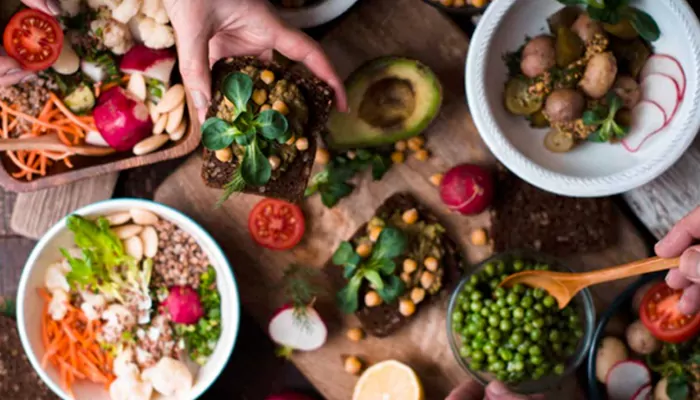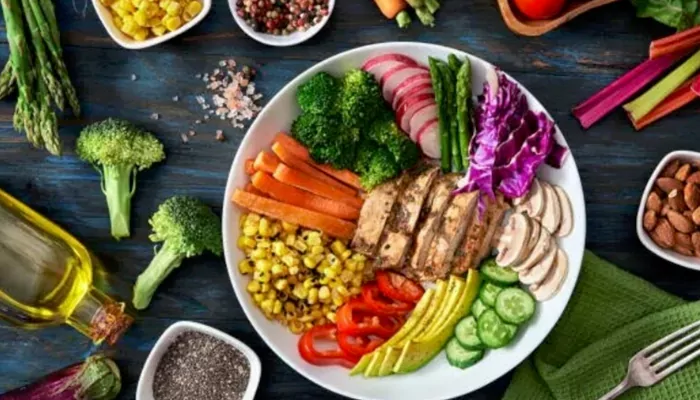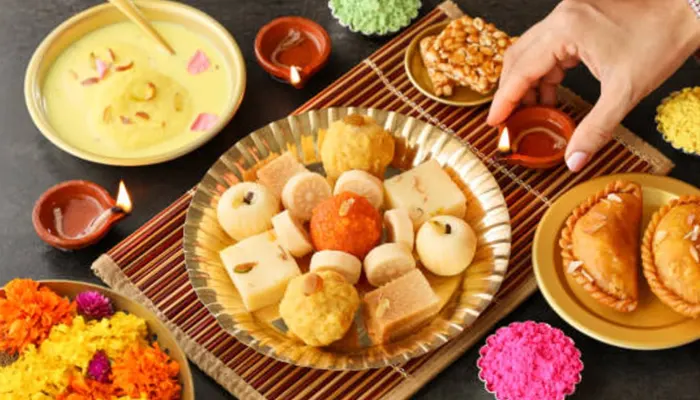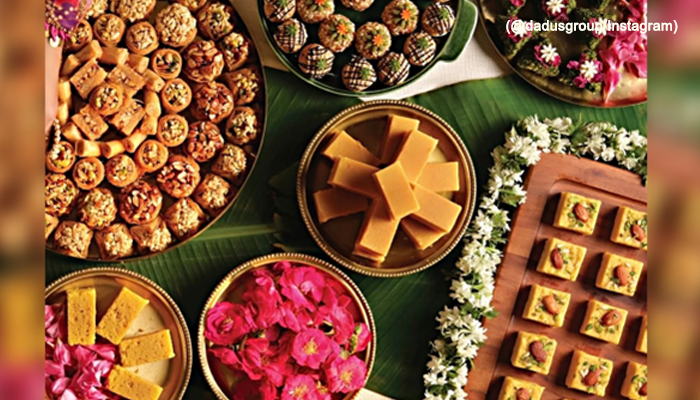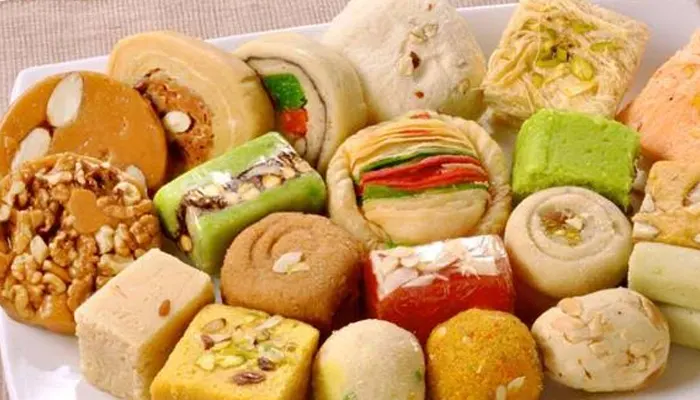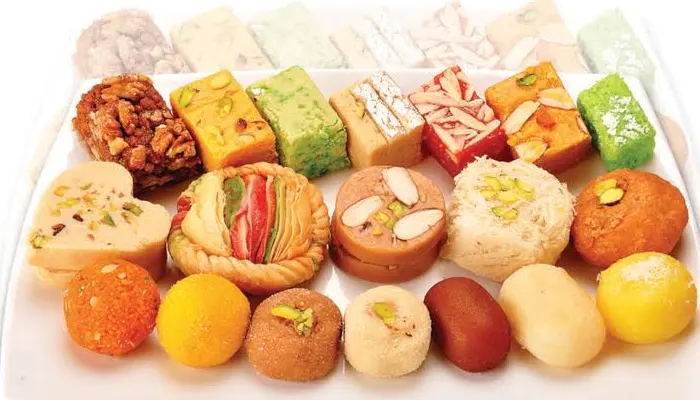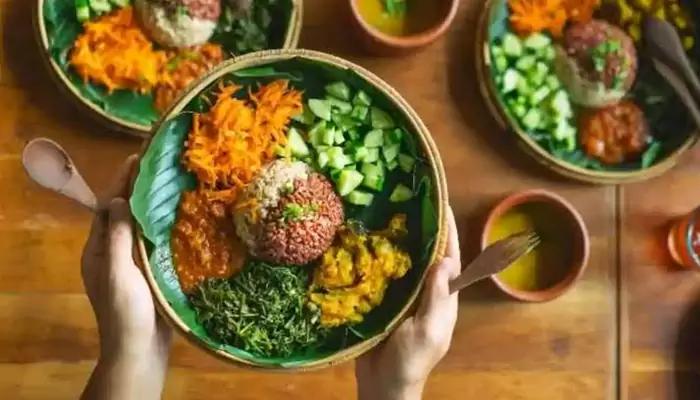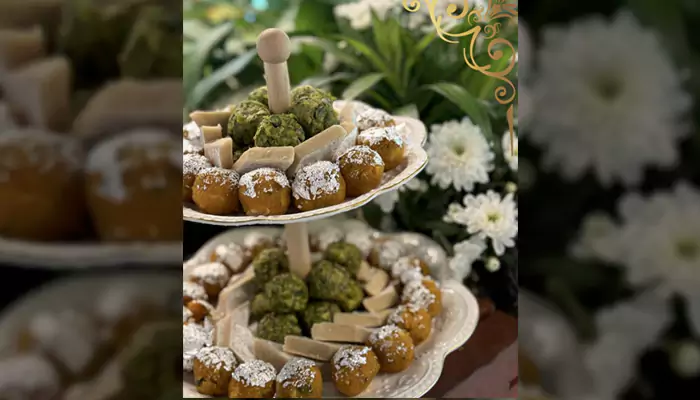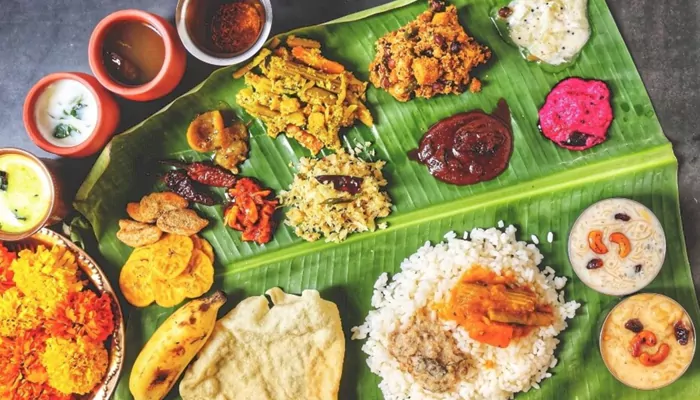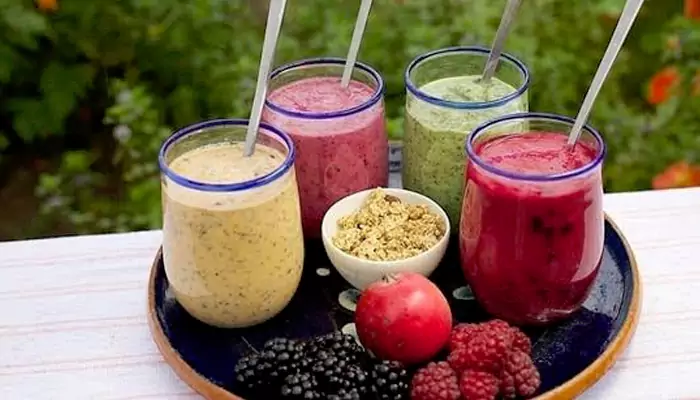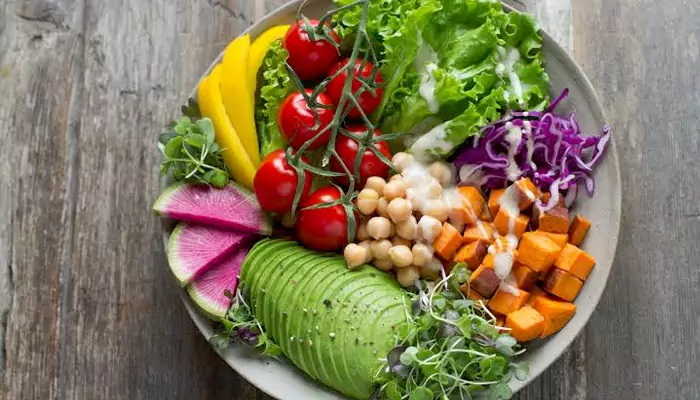Monsoon Diet Guide: Savour the Best Foods and Avoid Pitfalls for a Healthier Rainy Season
- Admin
- 1 year ago
- 4 minutes read

With the arrival of monsoon clouds over the Indian subcontinent, people are giddily welcoming relief from the sweltering summer heat. However, let’s not forget the fact that the rainy season is associated with many health perils. The increased humidity in the air acts as a breeding ground for several microorganisms which can lead to numerous infections and diseases.
While you are enjoying the chill weather and the beatific pouring rain, you should also pay heed to what you are eating.
To stay healthy and enjoy the best of monsoon, one needs to follow a balanced diet avoiding all those foods which can carry germs. In this article, we will focus on what food you should include in your diet and avoid to stay safe from the most common monsoon-related illnesses.
Enjoy Seasonal Fruits
Seasonal fruits are enriched with vitamins and minerals- the reason why they are always considered the best choice when it comes to boosting your immunity and keeping diseases at bay. Include fruits like pears, lychees, apples, pomegranates, and bananas in your diet. These fruits have a lower water content, which prevents the growth of bacteria that can cause water-borne illnesses. However, you need to be cautious about mangoes, as they can cause pimples.
Stay Hydrated with Warm Liquids

It's important to keep hydrated, especially during the monsoon season when the increased humidity in the air can cause dehydration. Opt for plenty of hot or warm beverages like herbal teas imbued with the essence of ginger, honey, basil leaves, pepper, and mint. These drinks not only keep you hydrated but also provide anti-microbial properties which significantly boost your immunity. However, you should keep a check on your coffee and traditional tea consumption, as they can be a source of dehydration.
Eat Steamed Vegetables
It’s best to avoid consuming raw vegetables during monsoon as they may harbour harmful bacteria and viruses which can lead to deadly infections. Always steam the vegetables you are eating. This not only makes them easy to digest but also kills harmful microorganisms.
Incorporate Probiotics

If you are lactose intolerant or the rainy season doesn’t treat you well when you have milk, then the best options for you are probiotic-rich foods like almond milk and yoghurt. These foods not only enhance your digestion process but also toughen up your immune system.
What You Should Avoid
Street Food
We know how Indians can’t ignore the allure of street food. However, during the rainy season, as these foods are exposed to humid weather and rain, there are chances that the food items act like a breeding ground for several microorganisms and pathogens leading to contamination. To keep safe from food-borne infections and gastrointestinal diseases during this season, you should steer clear of street food, and consume home-cooked meals instead.
Watery Food

Avoid foods like melons and cucumbers as they are high in water content. During monsoons, consuming watery foods can heighten your risk of water-borne illnesses. Additionally, during the rainy season, as the gastrointestinal system remains more sensitive, keeping away from watery food items will help you from bloating and digestive discomfort.
Spicy Food
Digestive problems which are very common during the monsoon season, can be significantly aggravated if you consume spicy foods. The increased humidity in the air during this season has a considerable effect on the digestive system. It can lead to problems like indigestion, acidity and discomfort. It's always advisable to avoid spicy food during this time and instead opt for light and easily digestible meals.
Raw Green Leaves

During the rainy season, there’s a high probability that the raw and green leafy vegetables you buy for your home are contaminated with a plethora of pathogens and bacteria. Just washing the vegetables is not enough to completely remove the contaminants. So, it’s always advisable that you cook the leafy veggies thoroughly to get rid of the harmful pathogens contained in them.
Although monsoon brings respite from the sultry summer feeling, it is essential to follow a balanced diet comprising healthy and nutritional alternatives. Besides following the dietary precautions, you also must pay heed to good hygiene practices. This includes washing your hands before every meal, thoroughly cleaning vegetables before cooking and drinking lots of water. However, make sure the water you are drinking is from a safe source and is not contaminated

